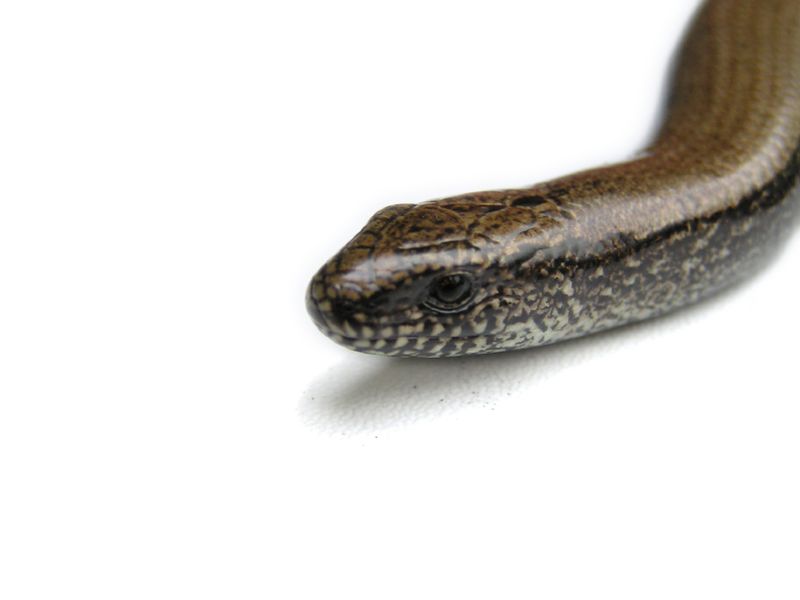
With summer comes a higher risk of snake bites, but emergency doctors have some advice on what to do if you are bitten.
A car or cellphone are vital first aid items after a snake bite, because you should immediately call 911 or head to a hospital emergency room, according to Dr. Justin Arnold. He’s an emergency medicine doctor at the University of Alabama Hospital in Birmingham.
Don’t try to catch the snake — it could bite again — and don’t take it with you to the hospital. But take a photo of it if you can do so safely.
Don’t apply a tourniquet or use a venom extractor kit, and do not apply ice.
Stay calm. On average, fewer than 10 people die of snakebites each year in the United States.
Once at the hospital, don’t be surprised if you do not immediately get antivenin. Doctors will watch your vital signs and any swelling near your bite, said Arnold, who is also director of the Regional Poison Control Center at Children’s of Alabama.
“Most snakes are not venomous, and even those that are sometimes give dry bites, with no venom,” he said in a university news release. “We’ll watch a patient’s reaction and see if antivenin is warranted. In some cases, it’s not, even for venomous bites.”
There are several ways to reduce the risk of snake bites, said retired UAB biology professor Ken Marion.
“Many snakes … have excellent camouflage and are usually good at hiding. Take a good look at your surroundings when outside. Watch where you step or place your hands,” he said in the news release.
In the woods, wear long pants and boots, which can provide protection against snake strikes.
You should also make your yard less inviting to snakes. Remove brush piles, stacks of firewood or construction debris that make excellent snake dens, Marion said.
And skip commercial snake repellents, he said.
“The anti-snake sprays you see in the home and garden store aren’t really effective in the long run,” Marion said. “The next rain will wash them away. Your best bet is to understand that you may be sharing your yard with a snake, and be vigilant.”
More information
The U.S. Centers for Disease Control and Prevention has more on snake bites.
Source: HealthDay

Leave a Reply